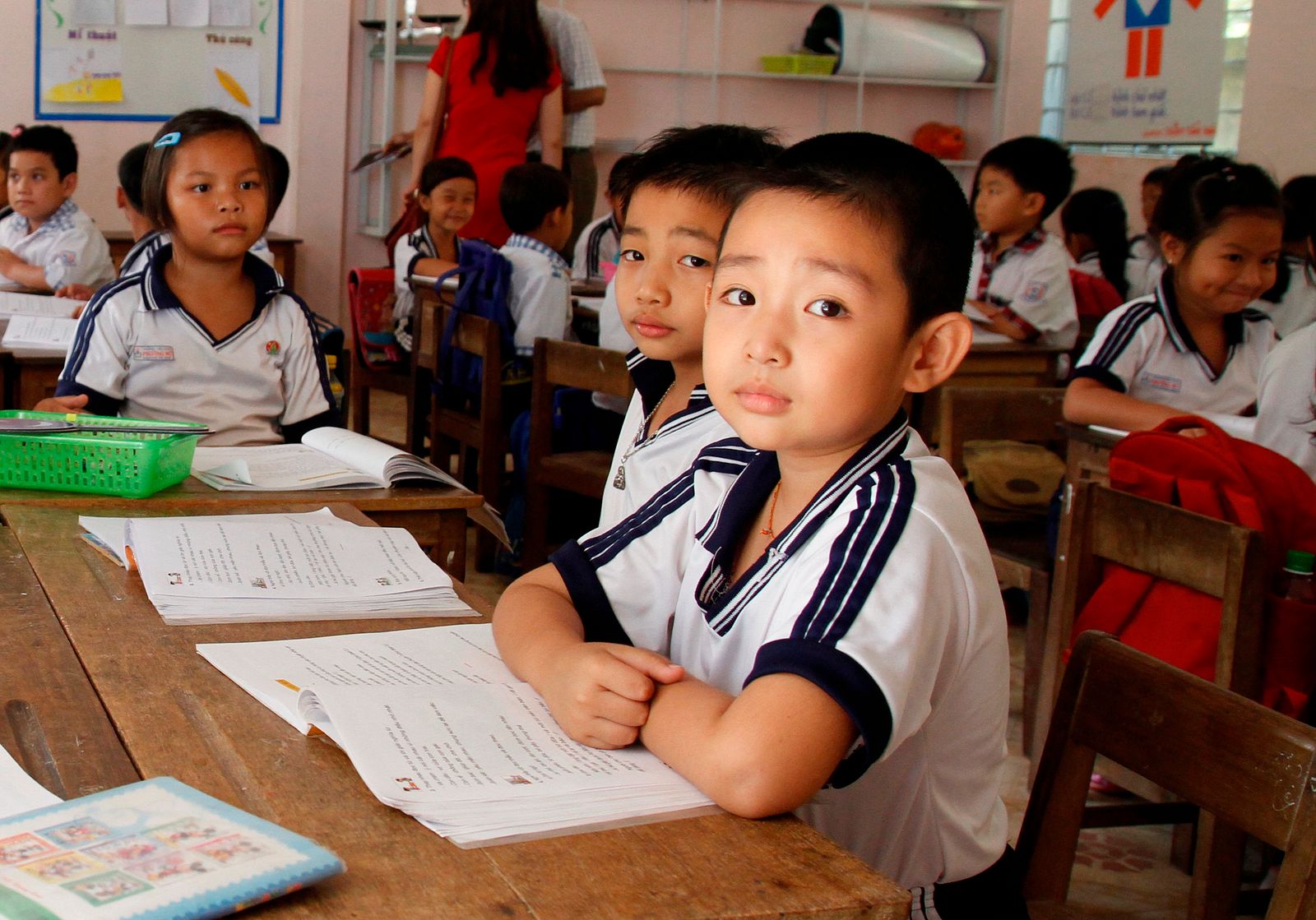As Vietnam confronts a fresh COVID-19 outbreak, it has scored exceptionally well in a new global analysis of pandemic responses.
Earlier this week the Lowy Institute released its interactive Covid Performance Index which explored how geography, political systems, population size, and economic development have impacted COVID-19 outcomes around the world.
Researchers used six indicators to measure the performance of 98 countries, namely confirmed cases, confirmed deaths, confirmed cases per million people, confirmed deaths per million peopled, confirmed cases as a proportion of tests, and tests per thousand people.
These indicators were measured across a span of 36 weeks from each individual country's 100th confirmed COVID-19 case, using data available up to January 9. Averages across these figures were then placed on a scale of 0 (worst performing) to 100 (best performing).
Overall, Vietnam came in with the second-highest overall score at 90.8, behind only New Zealand, which received a score of 94.4. Taiwan came in third at 86.4, followed by Thailand (84.2) and Cyprus (83.3). China, where the pandemic began, was not included in the analysis due to a lack of publicly available testing data, while the United States scored fifth-worst, at 17.3.

The world's top performers in combating COVID-19, according to the index.
Lowy's researchers found that Asia-Pacific nations scored the highest on average as a region, at 58.2, even though the pandemic began in this part of the world. Europe had an average of 51, followed by the Middle East and Africa at 49, while the Americas languished in the rear at 33.8.
Unsurprisingly, population played a large role in global response scores: "At the outset...there was little discernible difference in country performance by population size. However, experiences between large, medium, and small populations diverged markedly less than a month after countries recorded their hundredth COVID-19 case."
Countries with a population under 10 million, for example, outperformed larger nations, with small countries averaging a score of 56.5, followed by medium (10–100 million people) at 47.2. This is where Vietnam really stands out, as its overall score nearly doubled the average of its population bracket, which had the largest diversity in pandemic experiences.
According to the researchers, "governments of mid-sized countries possess neither the advantages of small countries in controlling virus spread, nor the inherent difficulties of governing very large populations."
Analysis of economic development also produced fascinating findings, with "advanced" economies beating "developing" nations in average score, though by less than anticipated: "More surprising is that many developing countries were able to cope with the initial outbreak of the pandemic and that advanced economies, as a grouping, lost their lead by the end of 2020 - with infections surging again in many places that had achieved apparent success in suppressing first waves of the pandemic."
Vietnam's stellar performance will not shock people living in the country, while the full index is well worth exploring.














